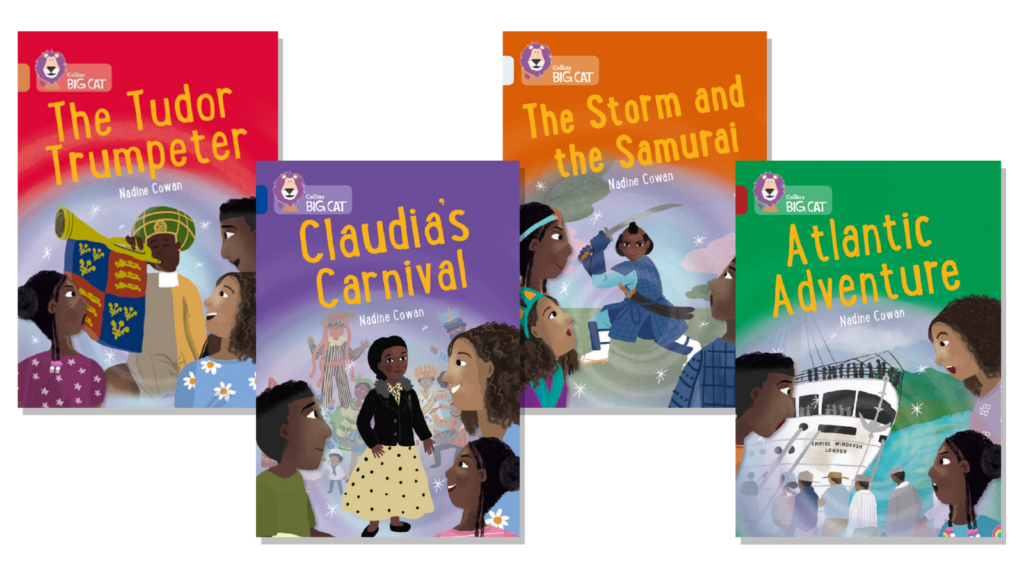This spring marks the 40th anniversary of Britain joining what was in 1973 called the Common Market. Britain joined in the hope that it would bring political and economic benefits as well as safety as a large geographic bloc. The forty years have proved to be turbulent as the county’s perceived lack of ‘European-ness’ put it at loggerheads with the rest of Europe. As we approach the fortieth anniversary, talk is rife over a referendum to take the country out of the EU. These activities aim to help children to make sense of what is potentially going to be a hot topic during 2013 and get a balanced view in what is likely to be a barrage of media invoked bias.
Activity One – Comparing Europe to our Playground
Year 2 to Year 6
This activity allows the children to see how the cooperation hoped for in Europe can be compared to the cooperation they encounter in their school lives.
LO: Be able to problem solve by reference to previous knowledge
Be able to write persuasively, giving reasons for suggestions
Take your class out into the playground at break time and ask them to watch what is happening amongst the children at play. Get them to make notes on what they see happening in terms of groups and individuals and in what they do at break time.
Returning to the classroom you should find that they have noticed:
• Groups of children playing games (cooperating to ensure all members of the group enjoy themselves)
• Individual children looking for groups to play with (wanting to join in and share the experiences of the larger groups)
• Pairs of children happy in their shared but close friendship
• Groups and individuals engaged in conflict and conflict resolution
Tell them that there is a group of countries who are ‘friends’ which is called the European Union or EU and ask them to liken it to one of the group of friends on the playground.
Relate to them the story of why the countries got together and how over the years they invited other countries to join their group. Tell them that the group changed the ‘friendship rules’ over time and that some countries didn’t like the new rules, other countries had fights and some refused to take part in activities.
Ask them to compare this story to what they saw happening on the playground. How would the problems have been resolved there? Ask them now to think of the similar problems that the countries have had but on a bigger scale. What would they suggest to resolve them?
Choose one of their examples and ask them to write a letter to the ‘head’ of the group of friends telling them how they think the problem could be resolved and perhaps what might happen if it’s not.
At Home: Collect newspaper articles about the UK’s relationship with the EU and consider whether their ideas would work in resolving any difficulties that are identified by the article.
Activity Two – What Does Britain Gain From Being in the EU?
Year 3 to Year 6
This activity offers the children the chance to find out some facts about the importance of the EU to a country like the UK and what we give to the EU and get in return. They can then decide whether it is a good or bad relationship and debate it across the class or classes.
LO: Identify relevant information from the media and websites, summarising it
Present information in an appropriate way for the intended audience
Ask the children to find out from the media or from the internet what role the UK plays in Europe and how much we contribute to it and what we get for our membership. In their notes, ask them to indicate whether they think these are good or bad.
They should come out with an overall opinion of good or bad. Split the class into those that think membership is good overall and those that think it’s bad. Ask them now to collate their individual decisions to form a group decision and expand on each of the points they’ve got.
Organise a debating session where each group presents their views and the evidence. You could even ask your local MP to come in to listen to the debate and to judge it.
At Home: Ask the children to find out about a different country’s relationship with the EU and why it differs from that of the UK..


